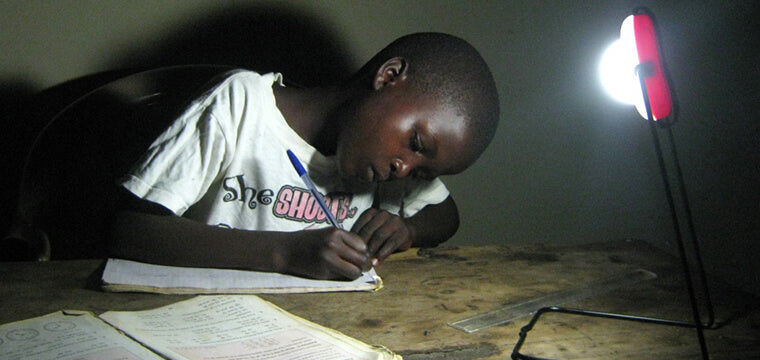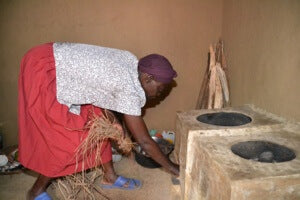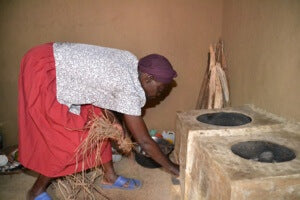Day 2
55 nights of solar light for a household in Kenya
 Of dangerous paraffin lamps
Of dangerous paraffin lamps


and other ways to shine

need
Light in the dark in the early evening
activity
Purchase and distribution of solar lamps, information campaign
Measurable performance
Number of families receiving a lamp as a result of the campaign
Result
Correctly installed and functioning lamps, saved costs
Systemically relevant impact
Improved health conditions, lower energy costs, ecologically sustainable energy use model is institutionalized
background


The good deed
AboutKenya
Nairobi
Capital city
44,354,000 (2013)
Population
977 US$
Gross domestic product
per capita per year
145
Human Development Index
(Human Development Index)
